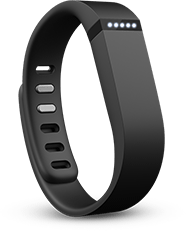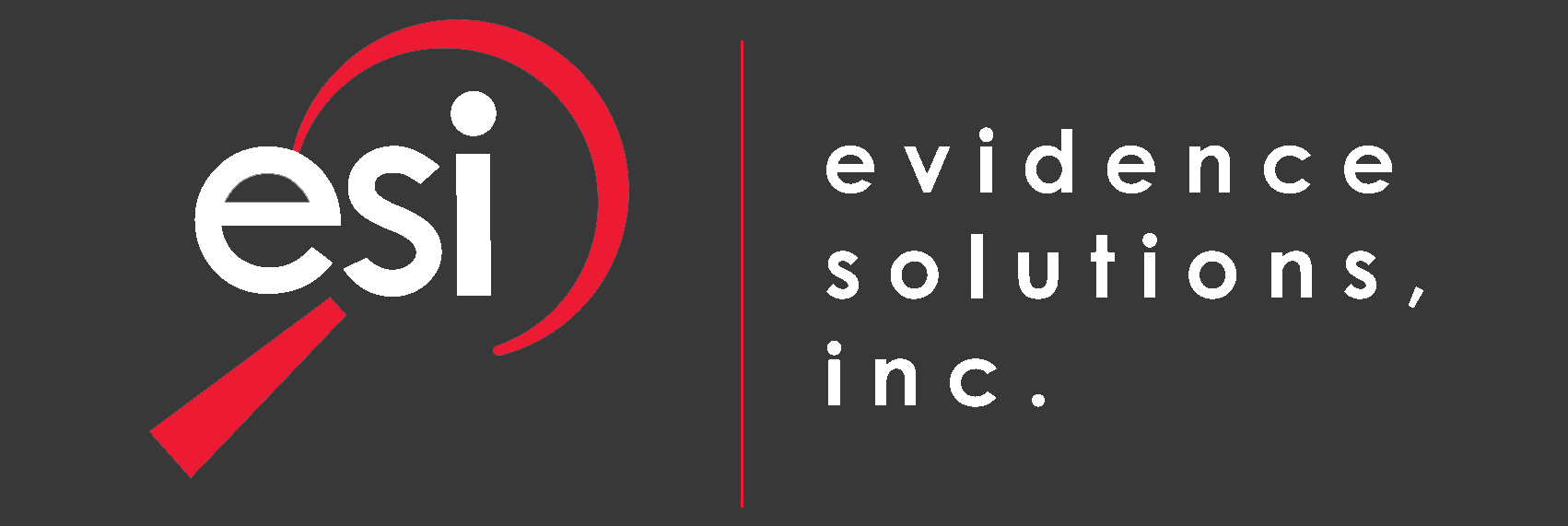Will Fitbit and Crowdsourcing* Change Personal Injury Cases?
One of the main items taken into account when considering how to price a settlement for a personal injury case is: what is the economic value of loss of ability to work or lead a normal life? In many cases, it’s based on conjecture. In terms of working it can be a simple calculation of dollars per hour of work missed sometimes a little extra, but how can you quantify compensation for someone who seems relatively normal? A law firm in Calgary is starting what appears to be the first personal injury case that involves using data from a Fitbit wristband.

Fitbit, which is based in San Francisco Ca, is a little device that you wear around your wrist that tracks your movement throughout the day, along with sleep cycles, exercise, and food logging via the computer or a smartphone app. This data is primarily for your own personal use. However personal information (name, location, etc.) is stripped from the data and used to provide metrics and usage statistics across all users of the device on behalf of the developer. The plaintiff, in this case, is a personal trainer, so she leads a pretty active lifestyle. What she and her attorneys hope to prove, is her activity levels are below a common baseline for someone of her age and profession, and those changes are a result of her accident. Data from Fitbit and a crowdsourced data consolidation company Vivametrica, a Canadian company based in Calgary, Alberta, would be used to determine the baseline.
This would give the court a better idea of how she should be compensated for her loss. If the case is successful, it could start a whole new wave of discovery for that little computer on your wrist. While they are discoverable now, we at Evidence Solutions, Inc. (ESI) have never seen this type of data used in this way in court cases. It will be interesting to watch this case and see how it unfolds.
The Digital Evidence Group at ESI thinks that it won’t be long before defense counsels are asking for Fitbit type data to prove their side of a case: ‘the plaintiff rarely exercised before the accident’, ‘the plaintiff is as active as ever’ or ‘the plaintiff is more active than someone with that disability should be’.
Other similar devices that could become evidence in Personal Injury cases include:
- Runtastic Orbit, invented by Runtastic, an Austrian company
- Basis Peak manufactured by Basis, an Intel company based in San Francisco, California
- Microsoft Band, created by Microsoft, based in Redmond Washington
- Garmin Vivosmart, manufactured by the GPS device company Garmin, whose headquarters is in Olathe, Kansas
- Misfit Flash, manufactured by Misfit based in Burlingame, California
- Jawbone UP24, by Jawbone, Headquartered in San Francisco, California
- Magellan Echo, created by the GPS company Magellan, which owns the Magellan name and is based in Santa Clara, California
* The practice of obtaining needed services, ideas, or content by soliciting contributions from a large group of people and especially from the online community rather than from traditional employees or suppliers.

